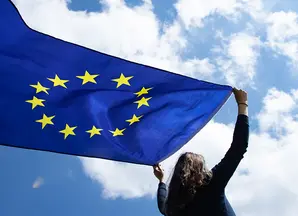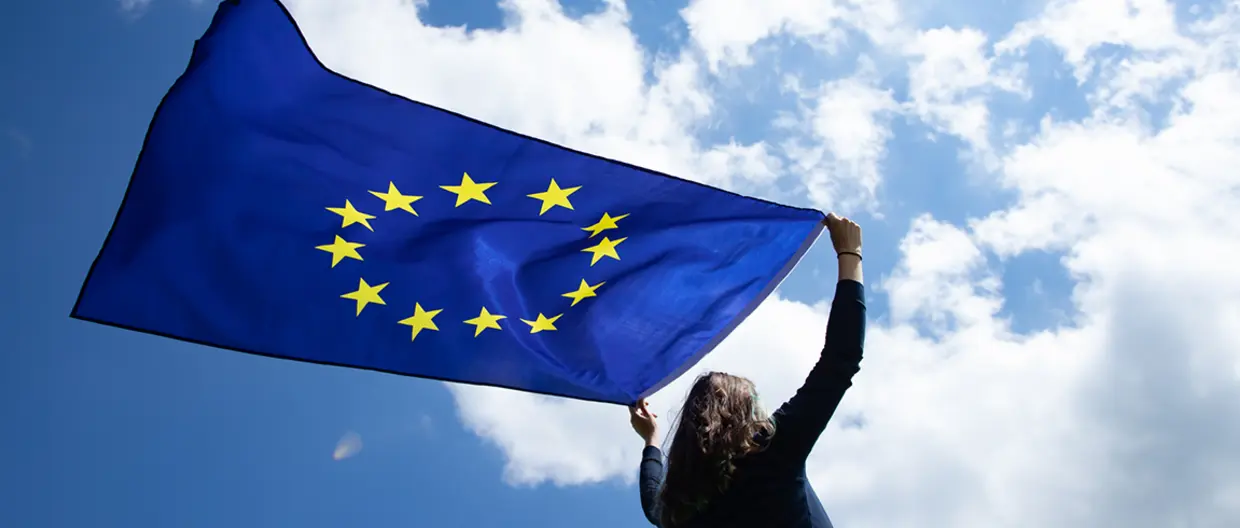Zusammenfassung
The Talks outlines the outcome of the EU elections, the French political situation, outlook for Europe and France and investment implications.
Key Points
- Election outcome: The EU elections concluded with centrist parties, such as the European People’s Party, remaining in the lead. However, some far right parties such as Identity and Democracy and European Conservatives and Reformists also increased their presence in the European parliament. The far-right parties may try to slowdown new green policies, but it’s unlikely they will overturn existing climate rules that have already become law.
- Priorities for the next European Parliament: The new Commission will likely focus on priorities such as efficiency of climate regulations. Security and defence, as well as the EU’s geopolitical positioning, will become top priorities of the new Commission.
- Challenges and opportunities for Europe: Europe has strengths that can mobilise. In order to keep the pace and overcome the medium-term challenges of the EU economy (i.e. poor demographics, weak research investment), the region needs to enhance economic and financial integration, improve fiscal governance and strengthen the capital market union.
- The French snap elections: President Macron’s decision to hold elections now could have some upsides in the attempt to pursue a more stable domestic policy making, with more cooperation from non-far right opposition parties. In addition, he could benefit from a potentially better voter turnout in domestic elections, which are very different from European ones. If the far right manages to secure a governing majority (and the Prime Minister’s post), it is the President who presides over France’s foreign, European and defence policy. Indeed, foreign policy and military questions are of ‘domaine reserve’ of the French President and therefore stability is expected there, regardless of the outcome of the elections. The French President is also a key appointing authority in France for top executives’ positions in the public sector. Check and balances, the Constitutional Court and the administrative jurisdiction, and the centre right-dominated Senate will control the government’s decisions to ensure they abide by the Constitution, international conventions, European and other legal obligations France has committed to, as well as independent public agencies in charge of civil liberties.
- Outlook for Europe and France: EU elections took place amid an improving economic environment but there are divergences across countries and sectors. In France, after a sharp slowdown in the second half last year, GDP growth should pick up gradually on the back of reasonable strong household consumption. Public deficit, while still high as percent of GDP, should come down slightly from 2023 levels.
- Investment implications: This sudden call by President Emmanuel Macron for snap elections has created some volatility, both in equities and fixed income markets in France. France's budgetary situation will remain in focus. French government debt markets are very liquid and in addition, the context is supportive, with investors wanting to lock in higher interest rates before the ECB cuts rates further. On the euro, we are cautious in the short term, but do not see structural weakness.
Read More

